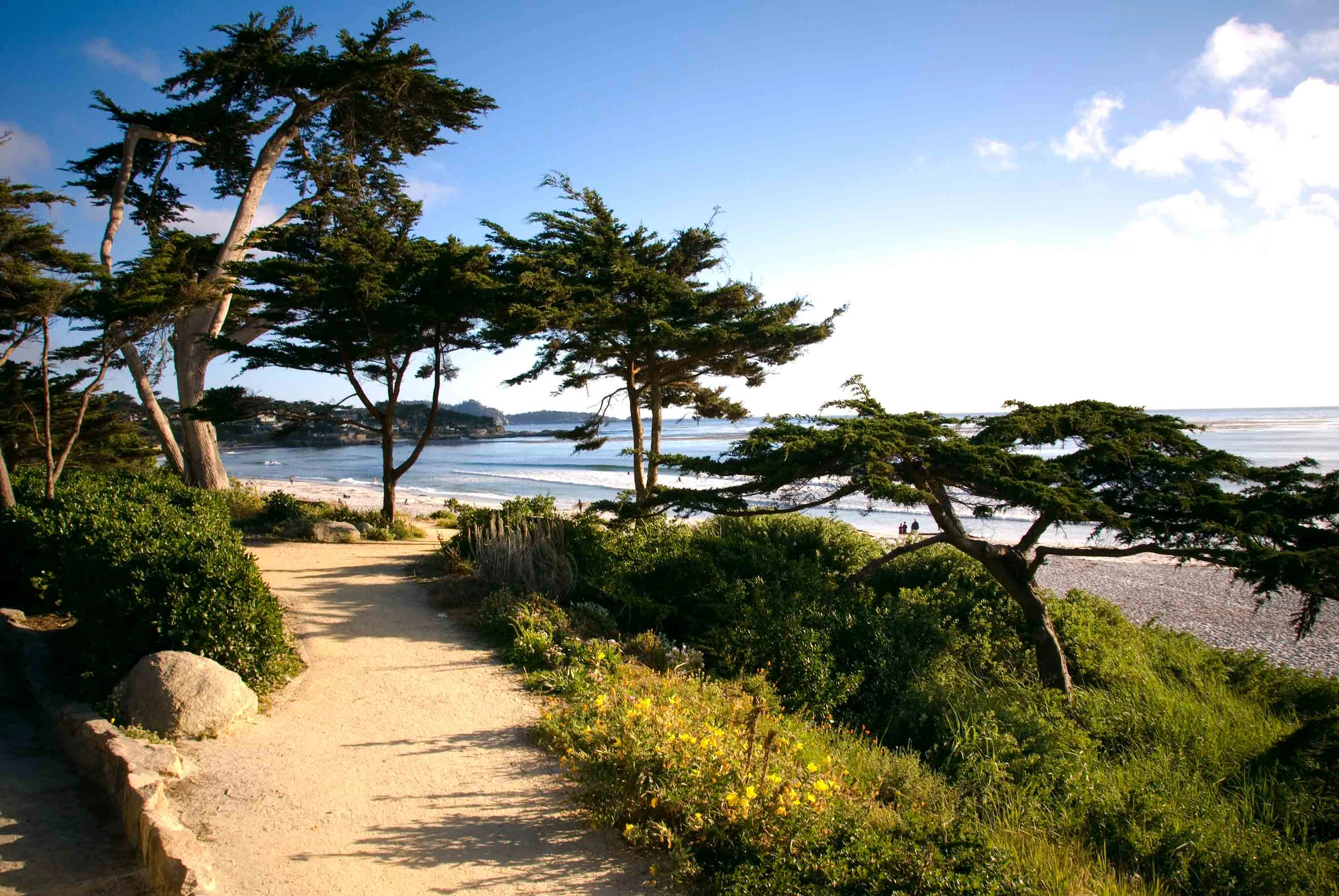Millennials and Generation Z comprise more than half of the world’s population. Combined, their buying and spending habits amass a significant impact on the global economy and the travel industry is no exception. On average, millennials take 35 vacation days per year, followed closely by Gen Z with 29 trips annually. However, these generations aren’t just looking to travel. They place a greater emphasis on sustainability and are considerate of the environmental footprint of their travel choices.
As the demand for sustainable travel continues to surge, 77% of those aged 18-29, report that sustainability impacts their travel decisions. They are seeking destinations that put the planet first and offer unique and authentic eco-friendly experiences. Millennial and Gen Z travelers are shaping the future of sustainable tourism and global travel trends.
Are you curious about how your destination marketing organization (DMO) can connect with this vital market segment? Dive into these innovative strategies to promote sustainable and responsible tourism.
1. Discover Authenticity: Enriching Visitor Experiences
These consumers are not your typical travelers. They seek authentic and culturally immersive travel experiences that allow them to connect to the destination and contribute positively to the places they visit. Around 60% of Millennials consider an authentic cultural experience as the most vital part of their travel. At the same time, Gen Z travelers cite engaging with the local culture and community at a grassroots level as an important element of theirs.
To capitalize on this, offer an enriching exploration that showcases the rich native culture of your destination and supports your local communities. You should highlight opportunities for meaningful interactions with locals (about 79% of Millennials and Gen Zs prefer spending a day like a local when they travel) and encourage the preservation of your destination’s uniqueness and integrity.
2. Escape the Crowds: Off-Peak Travel Experiences
Provide opportunities for secluded travel experiences during less crowded times. 79% of Asian-Pacific Millennials and Gen Zs prefer to travel during off-peak season to beat the crowds. In China, this figure skyrockets to 90%. While 70% of American Millennial and Gen Z travelers seek out experiences that their family and friends have likely not heard of. By highlighting off-peak travel, you can support sustainable tourism by reducing the strain on natural resources and ecosystems that might be overwhelmed during peak tourist seasons.
Targeting Millennials and Gen Zs with deals outside peak summer periods offers better value due to lower flight and accommodation costs. Promoting off-season travel ensures that your DMO maintains an always-on approach, allowing you to connect with millennial and Gen Z travelers year-round on their terms.
3. Off-the-Beaten-Path: Embrace “Destination Dupes”
Travelers in 2024 are looking to visit more affordable destinations that offer the charm of famous spots but remain less well-known. These bucket list alternatives are called “destination dupes”—less crowded destinations that are as delightful as the tried-and-true destinations travelers love.
The dupe destination trend has gained wide popularity among Millennial and Gen Z travelers, fundamentally altering their travel habits and behaviors. Dupes offer an affordable alternative to overcrowded hotspots and ensure sustainability by diverting tourists away from overcrowded areas and reducing the negative environmental impact of over-tourism. This redistribution or dispersement of travelers helps spread tourism demand across multiple locations, easing the pressure on natural resources.
4. Visual Storytelling: Captivating Audiences through Social Media
Having grown up in the digital age of modern technology and the internet, Millennial and Gen Z travelers naturally turn to social media for travel inspiration and booking recommendations. Social media has become an excellent tool for storytelling, as a whopping 75% of millennials and 81% of Gen Z travelers report that they look to social media when choosing a travel destination.
Social media is a powerful avenue for highlighting destinations that promote sustainable and responsible tourism. For example, Visit Costa Rica and Visit Norway are DMOs that use social media to highlight sustainable tourism initiatives such as eco-friendly accommodations, indigenous cultural experiences, and sustainable travel practices and tips.
5. Shared Success: Strengthen Your Destination’s Impact with Partnerships
Considering that social media is a primary source of travel inspiration for Millennial and Gen Z travelers, DMOs could enhance their sustainability outreach efforts by engaging influencers and bloggers. These travelers are more inclined to choose a travel destination based on online content shared by peers rather than branded travel ads. By highlighting user-generated content (UGC) that reflects genuine stories of travelers, you can create targeted social media ads and campaigns. For example, Visit California is successfully executing this approach, sharing sustainability-focused UGC from satisfied travelers.
You can also partner with your local businesses on a co-op marketing strategy to drive travelers to your destination that are looking for sustainable experiences. By aligning your message with key stakeholders about the sustainable experiences that your destination has to offer and combining budgets to make them go further, you can broaden your reach. Utilize co-op marketing to build your own sustainable ecosystem.
6. The Art of Slow Travel: Embracing Mindfulness
Beyond simply unplugging from the hustle and bustle of everyday life, Millennial and Gen Z travelers crave slow and mindful travel experiences that nurture their mental, physical, and emotional well-being. 61% of these travelers prioritize making travel plans that offer personal wellness and well-being experiences.
Slow travel means slowing down to savor the journey while mindful travel emphasizes being considerate of the impact of travel adventures on the environment. Slow and mindful travel helps to support sustainable tourism by encouraging travelers to stay longer in one destination and explore it at a leisurely pace. This decreases their carbon footprint and minimizes pressure on local ecosystems and natural resources.
Emphasize experiences such as nature walks, landscape views, cycling, hiking, and using local amenities that are sustainable for the environment. For example, Visit Colorado advocates for sustainable travel by highlighting outdoor recreation in its national parks and natural heritage, while Visit Maine promotes slow travel experiences along its scenic coastline and outdoor adventures.
Building Sustainable Communities: Initiatives for the Future
With the ongoing need for sustainability in hospitality, Millennials and Gen Z travelers aren't simply exploring the world; they are reshaping it and defining what it means to travel sustainably. Their travel choices reflect an awareness of their environmental impact and a thirst for genuine experiences. These travelers are not passive tourists but rather, active change-makers who are pushing the industry towards more responsible practices and ushering in a new age of conscious exploration. Now’s the time to adjust your marketing strategies to reach them.
For more sustainability resources, learn how to:
Discover how you can harness the power of sustainability for your destination, and engage these travelers by contacting our destination marketing experts today.





